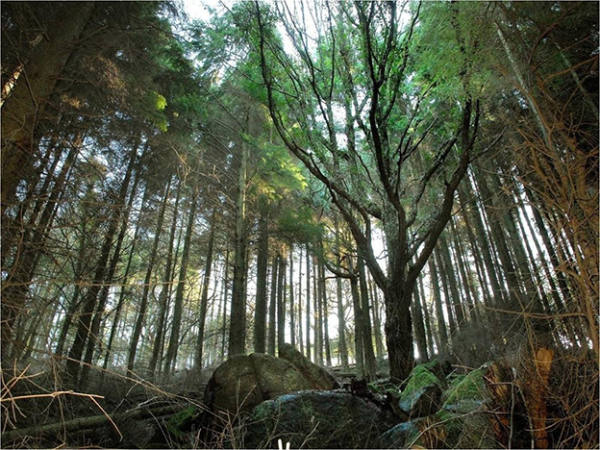BULL POINTS:
■ Well funded
■ Diversified following Protherics merger
BEAR POINTS:
■ Too much depends on Varisolve
■ US expansion is a huge financial gamble
■ Marketing costs are unpredictable
The merger with drugs developer Protherics has proved to be the catalyst for an upward spike in BTG's share price, which has risen by 30 per cent this year. That impressive performance has easily outpaced almost all other comparable pharmaceuticals companies and BTG has avoided the summer doldrums experienced by others in the sector. But, BTG is now entering a phase of product testing, expansion and spending that will test to the limit both the expertise of its bosses as well as the patience of its shareholders.
Much of the investment case for BTG's shares is based on the success of the company's varicose veins treatment, Varisolve. One worry is that BTG has decided to fund the development of Varisolve (10 years and counting) alone and in full; another concern is that Varisolve has been through multiple clinical trials, but still faces difficulties.
| IC TIP RATING | |
|---|---|
| Risk rating | High |
| Timescale | Short-term |
| What do these mean? Find out in our | |
Basically, the company has abandoned an attempt to negotiate a special protocol assessment (SPA) with the US drugs regulator, the FDA. This protocol sets out the criteria for measuring a product's success in a trial and increases the chances of eventual approval for a product such as Varisolve, which has few clinical precedents. However, these protocols are tough to negotiate and may have lengthened Varisolve's development schedule even more. But, without an SPA, the FDA can demand more data or simply change its mind on what constitutes a successful trial.
Nor will Varisolve be the all-important first-to-market in its field. That honour belongs to Asclera, which is marketed by BioForm Medical. Consequently, Varisolve will only enjoy three years of product exclusivity, compared with Asclera's five years, which increases the possibility of a generic challenge almost as soon as Varisolve is approved. In addition, as analysts at broker Evolution Securities point out, similar home-brew formulations for treating varicose veins have been around for years which could, in certain circumstances, invalidate BTG's patents.
| ORD PRICE: | 228p | MARKET VALUE: | £588m | |
| TOUCH: | 228-229p | 12-MONTH HIGH: | 234p | LOW: 150p |
| DIVIDEND YIELD: | NIL | PE RATIO: | NA | |
| NET ASSET VALUE: | 83p | NET CASH: | £81.3m | |
| Year to 31 Mar | Turnover (£m) | Pre-tax profit (£m) | Earnings per share (p) | Dividend per share (p) |
|---|---|---|---|---|
| 2007 | 45.7 | 2.60 | 1.6 | nil |
| 2008 | 75.0 | 10.7 | 5.9 | nil |
| 2009 | 84.8 | -11.3 | -7.1 | nil |
| 2010 | 98.5 | 9.10 | 4.4 | nil |
| 2011* | 94.0 | -12.8 | -4.2 | nil |
| % change | -5 | - | - | - |
Normal market size: 2,000 Matched bargain trading Beta: 0.5 *Evolution Securities forecasts. | ||||
More share tips and updates...
If Varisolve does get past the FDA, then BTG still has to negotiate the pitfalls of successfully breaking into the US market. The company acquired a US marketing presence through its merger with Protherics and recently paid Nycomed around $14.5m (£9.3m) to buy back early the marketing rights for anti-venom treatments CroFab and DigiFab, with a view to distributing new products through this channel. Analysts estimate that building up a decent-sized marketing force will add about $20m to the company's annual outgoings. When this is added to the cost of taking Varisolve through the approval process - the product must undergo three late-stage trials in the US - then BTG will have to fork out around $70m before the end of next year. Marketing costs are notoriously unpredictable and BTG may have to increase the number of sales reps it employs in order to get traction in a competitive market. This would become even harder if insurance companies won't reimburse treatment with Varisolve.










